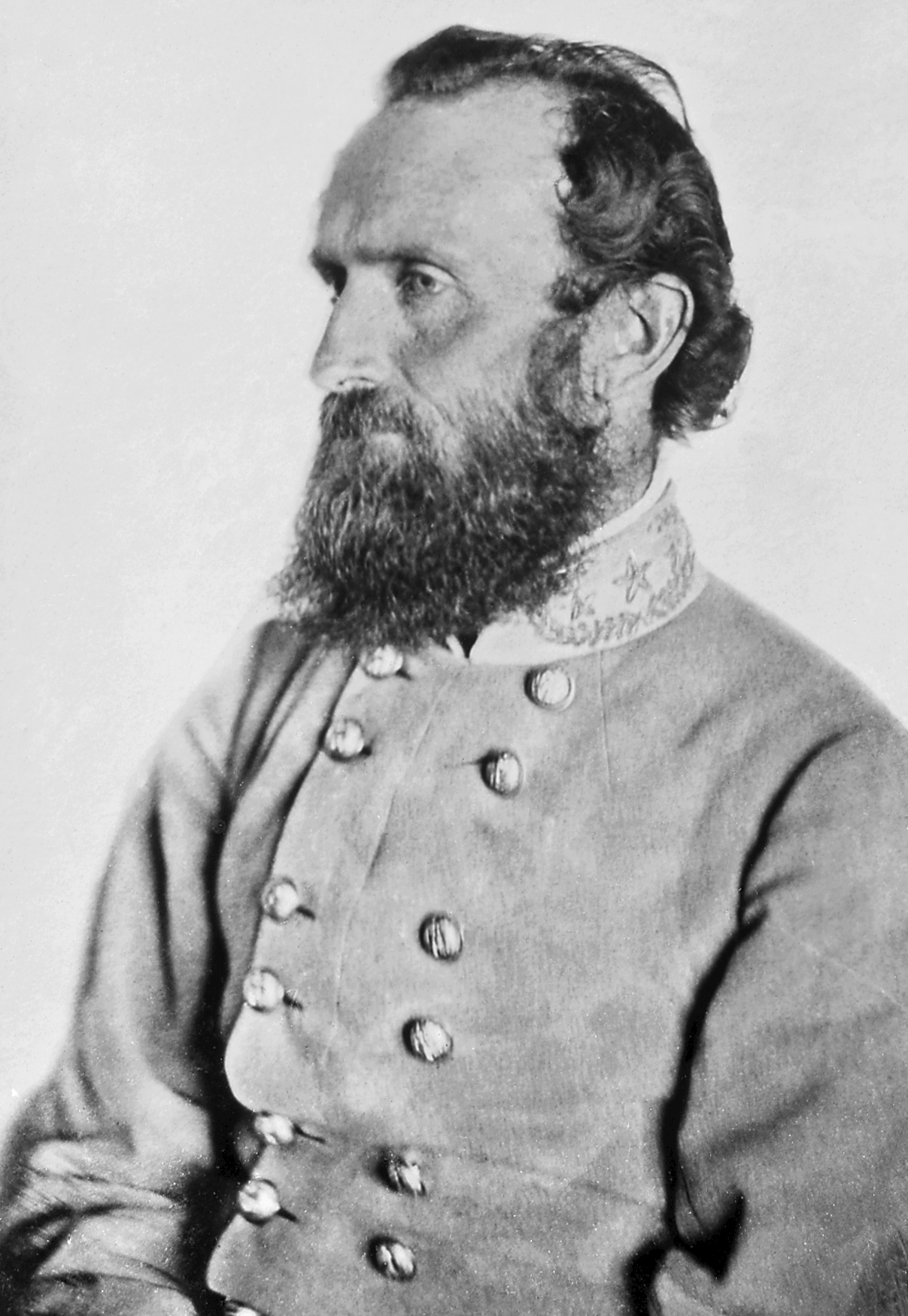“I have seen enough of it to make me look upon it as the sum of all evils.”
Comments to his pastor (April 1861) as quoted in Memoirs of Stonewall Jackson by His Widow Mary Anna Jackson (1895) http://books.google.com/books?id=bG2vg5cH004C, Ch. IX : War Clouds — 1860 - 1861, p. 141; This has sometimes been paraphrased as "War is the sum of all evils." Before Jackson's application of the term "The sum of all evils" to war, it had also been applied to slavery by abolitionist Cassius Marcellus Clay in The Writings of Cassius Marcellus Clay : Including Speeches and Addresses (1848), p. 445; to death by Georg Christian Knapp in Lectures on Christian Theology (1845), p. 404; and it had also been used, apparently in relation to arrogance in a translation of "Homily 24" in The Homilies of S. John Chrysostom on the First Epistle of St. Paul the Apostle to the Corinthians (1839), p. 331 <!-- earliest use thus far found ~ Kalki 2008·01·21 -->
Contexto: If the general government should persist in the measures now threatened, there must be war. It is painful enough to discover with what unconcern they speak of war and threaten it. They do not know its horrors. I have seen enough of it to make me look upon it as the sum of all evils.
